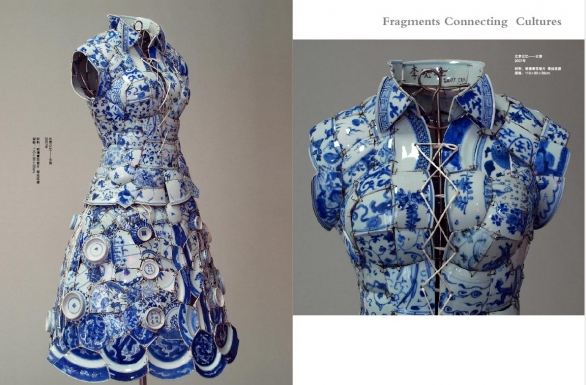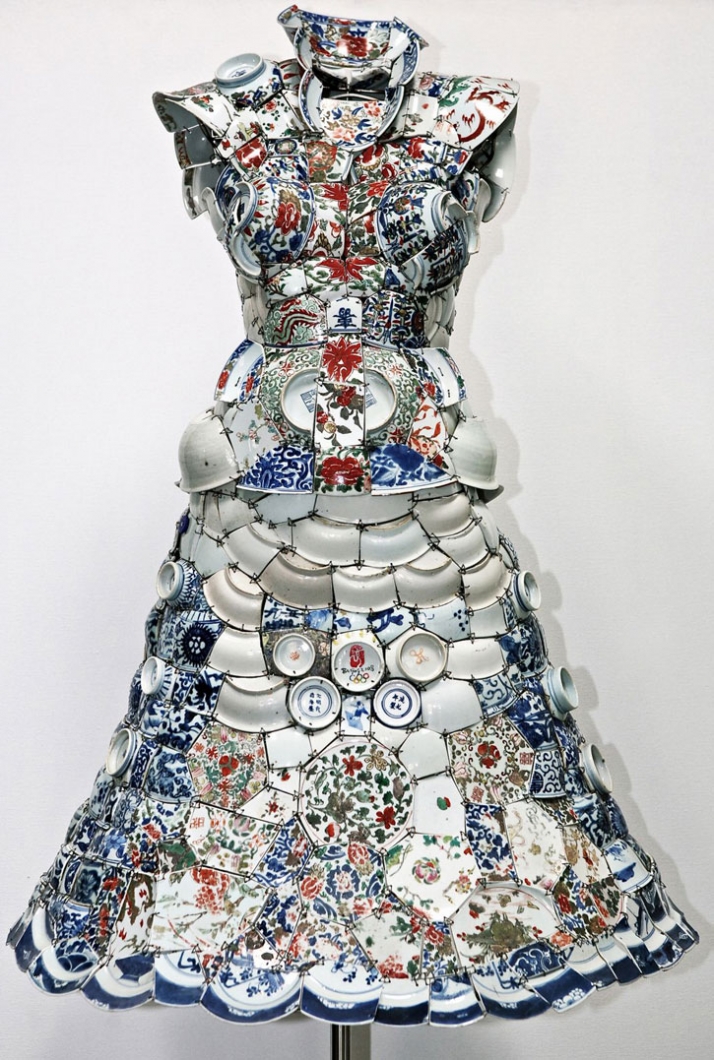Polish Army, so called
Blue Army was formed offically 100 years ago in 1917 in France, under gen. Haller - after more than a century of occupation by Prussia, Russia and Austria.
But much of the events took place in Canada which - as part of the Dominion - was able to allow the formation. Estimated 20,000 to 25,000 Poles volunteered from North America, mostly US and some from Canada.
Notably, Methodists of YMCA were helpful in the organization endevours.
(more info here:
http://www.hallersarmy.com/
Initially, the Polish fought in WWI with one goal in mind - Polish independence.
After fighting in WW1 the Blue Army became Polish Army and fought against Bolshevik Russia in 1920.
This remarkable event has been immortalized in this painting.
http://www.warmuseum.ca/collections/artifact/1016425/
 |
Polish Army at Beach by C.W. Jefferys
Beeverbrook Collection of the Canadian War Museum |
 Charles William Jefferys
Charles William Jefferys (1869 – 1951) was a
Canadian painter, illustrator, author, and teacher best known as a historical illustrator.
Jefferys was one of the War Artists, a program which called selected artists to document the events of wars.
The painting really expands on the theme of
Blue.
At the first glance the sunny landscape of the Lake Ontario coast, the
blue lake water and
blue sky merge and the sight of hundreds of naked men bathing seems almost recreational.
But up close we see the seriousness of the scene: the men are bathing seriously, is a part of soldering, the
blue-uniformed sergeants overlook the operation and everyone knows there is more war ahead...
More about the artist and his paintings can be found here:
http://www.cwjefferys.ca/polish-army-bathing-at-niagara-camp
THE POLISH ARMY IN NIAGARA by Janet Carnochan
from the cahier #35, Published by THE NIAGARA HISTORICAL SOCIETY
The United States having declared war, Mr. Ignace J. Paderewski offered to form
a Polish Army but the United States Congress did not allow and special legions and onthe 4th of June, France decrees that a Polish Army is to be formed, Canada opens its armsand the best young men are selected from among those of the training school at Cambridge Springs and sent to Camp Borden where Col. Le Pan with his excellent staff Majors Young, Madell, Kirk and Kenrick who had taught from the first 23 young men at Toronto devoted themselves with zeal and l
ove to make of them good officers and with them Col. LePan went to Niagara Camp, in October, 1917 to receive three thousandvolunteers and train them. Who
was instrumental in getting that sacred historical spot Fort George and Fort Mississsauga could not be learned and those who knew would not tell. I only know there is in Canada a certain high officer who likes to be called the "Godfather of the Polish Army" who obtains from the Canadian Government all the whoobtains from the Canadian Government all the favors and privileges for the Polish Army.
On 4th November, I witnessed the touching scene when after 125 years of
persecution the "White Eagle, Polish banner was unfurled and on the spot where
Canadians had shed their blood in defence of their country, a hundred years ago. The banners were given that day to three thousand men who had only been four weeks or lessin the Camp and the Canadian officers were giving the commands in Polish who had no idea about Polish till they met our boys...





 Charles William Jefferys (1869 – 1951) was a Canadian painter, illustrator, author, and teacher best known as a historical illustrator.
Charles William Jefferys (1869 – 1951) was a Canadian painter, illustrator, author, and teacher best known as a historical illustrator.